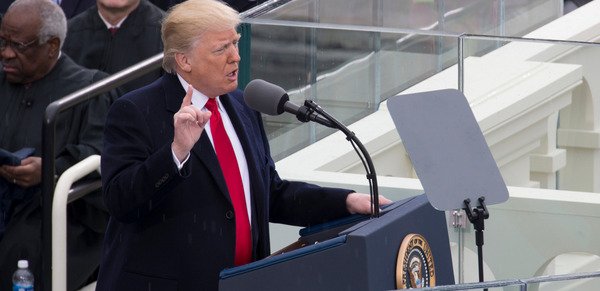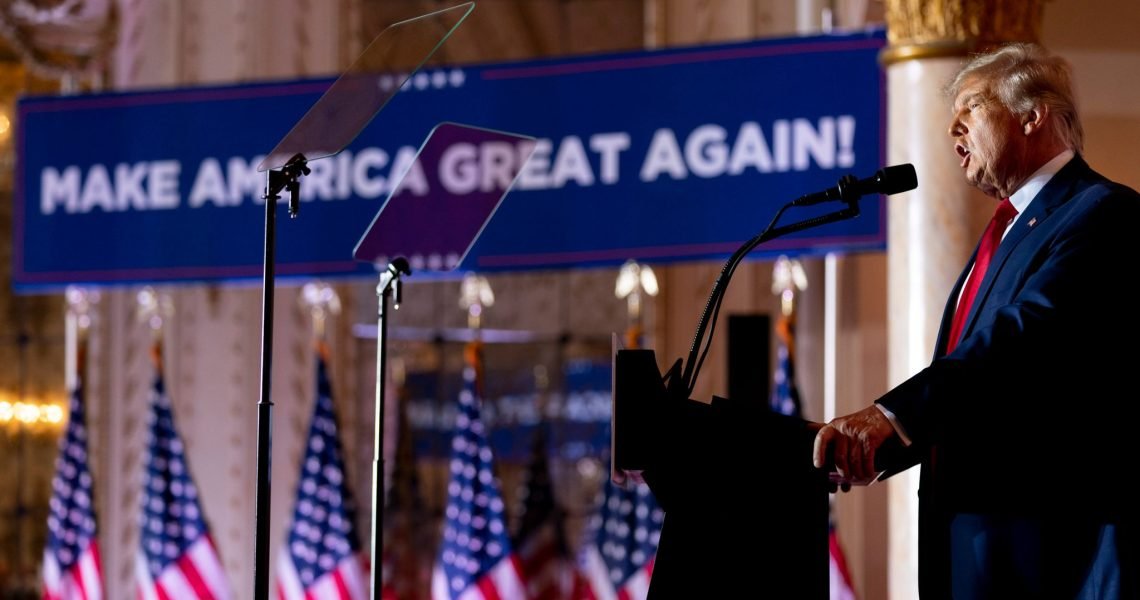Understanding Trump’s Trade Policies, 3 Powerful Factors The Impact of Trump’s Trade Policies on Global Metal Manufacturing Markets: A Post-Election Analysis.
1. America First Doctrine
Trump’s “America First” approach prioritized reducing trade deficits and promoting domestic industries, particularly steel and aluminum.
- Focus on revitalizing the U.S. manufacturing sector.
- Withdrawal from multilateral agreements such as the Trans-Pacific Partnership (TPP).

Reference: The Trump Doctrine: America First, America First
2. Section 232 Tariffs on Steel and Aluminum
- Imposed a 25% tariff on steel and a 10% tariff on aluminum imports in 2018.
- Justified on national security grounds to protect domestic industries.

Reference: Revisions of the Section 232 Steel and Aluminum Tariff Exclusions Process
3. USMCA and Trade Agreement Renegotiations
- Replaced NAFTA with the USMCA, imposing stricter rules of origin for metals in automotive production.
- Introduction of bilateral trade negotiations with countries like Japan and South Korea.
Immediate Impacts on Global Metal Manufacturing
1. Supply Chain Disruptions
The tariffs disrupted global supply chains, forcing manufacturers to source domestically or look for alternative suppliers.
- U.S. manufacturers faced increased raw material costs.
- Export-oriented countries like China and Canada suffered revenue losses due to reduced access to the U.S. market.
2. Retaliatory Tariffs
Countries like China, the EU, and Canada imposed counter-tariffs on U.S. products.
- Escalation of trade tensions, especially between the U.S. and China.
- Impact on downstream industries relying on affordable metal inputs.
3. Price Volatility
- Steel and aluminum prices in the U.S. surged, benefiting domestic producers but hurting industries reliant on imported metals.
- Global markets experienced fluctuating prices as supply chains adjusted.
Case Studies of Affected Regions
1. China
- Reduction in exports to the U.S. due to tariffs.
- Increased focus on Belt and Road Initiative projects to offset losses.
2. European Union
- Diversification of export markets to reduce dependency on the U.S.
- Emphasis on sustainability and advanced manufacturing to stay competitive.
3. Southeast Asia
- ASEAN nations like Malaysia and Vietnam emerged as alternative suppliers for the U.S.
- Investment in local manufacturing to capitalize on shifting trade dynamics.
Long-Term Implications for the Metal Manufacturing Industry
1. Shifting Global Trade Patterns
- Realignment of supply chains with a focus on regional trade.
- Growth in markets outside the U.S., such as Africa and the Middle East.
2. Rise of Protectionism
- Other countries adopted similar protectionist measures, creating a more fragmented trade landscape.
3. Acceleration of Technological Advancements
- Increased automation and adoption of Industry 4.0 to reduce dependency on labor-intensive processes.
Opportunities for Global Metal Manufacturers
1. Diversification of Markets
- Expanding into under-served regions to reduce reliance on U.S. demand.
2. Investment in Green Manufacturing
- Meeting stricter environmental regulations to appeal to global buyers.
3. Strategic Partnerships
- Collaboration with governments and industries to mitigate the impact of tariffs and trade restrictions.
Future Outlook: Post-Trump and Beyond
1. Policy Reversals or Continuity
- Potential policy shifts under new administrations could ease or exacerbate trade tensions.
2. Emphasis on Sustainability
- Global demand for green metals and low-carbon solutions will shape future manufacturing.
3. Technology as a Differentiator
- Advanced manufacturing techniques like 3D printing and digital twins will drive growth and efficiency.
Conclusion
The impact of Trump’s trade policies on the global metal manufacturing markets underscores the importance of adaptability in a dynamic trade environment. While the immediate disruptions were significant, they also paved the way for innovation, regional diversification, and stronger collaborations. For manufacturers, understanding and preparing for such shifts is critical to maintaining resilience and competitiveness in the years to come.
For all your metal fabrication needs, visit Lux Metal Group for customized solutions and state-of-the-art services.
LUX METAL is a steel manufacturer in Malaysia, we speciliazed in customized metal solutions according to your DIY requirements.
We provide a comprehensive range of stainless steel fabrication works, tailored to meet the diverse needs of our clients. Our state-of-the-art facility is equipped with all kinds of advanced machinery, including CNC machines and precision equipment, enabling us to handle projects of any scale and complexity with the utmost accuracy. Our expertise spans various industries, ensuring that every project is executed with precision and excellence.
We have comprehensive range of machineries to handle your projects including Laser Cutting Machine, Bending Machine, Milling Machine, Sheet Bending Machine, Sheet Rolling Machine, TUrning Machine, Welding Machine, Laser Marking Machine, V-Cutting Machine, Wire Cut Machine, and etc.

